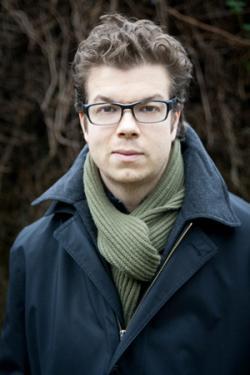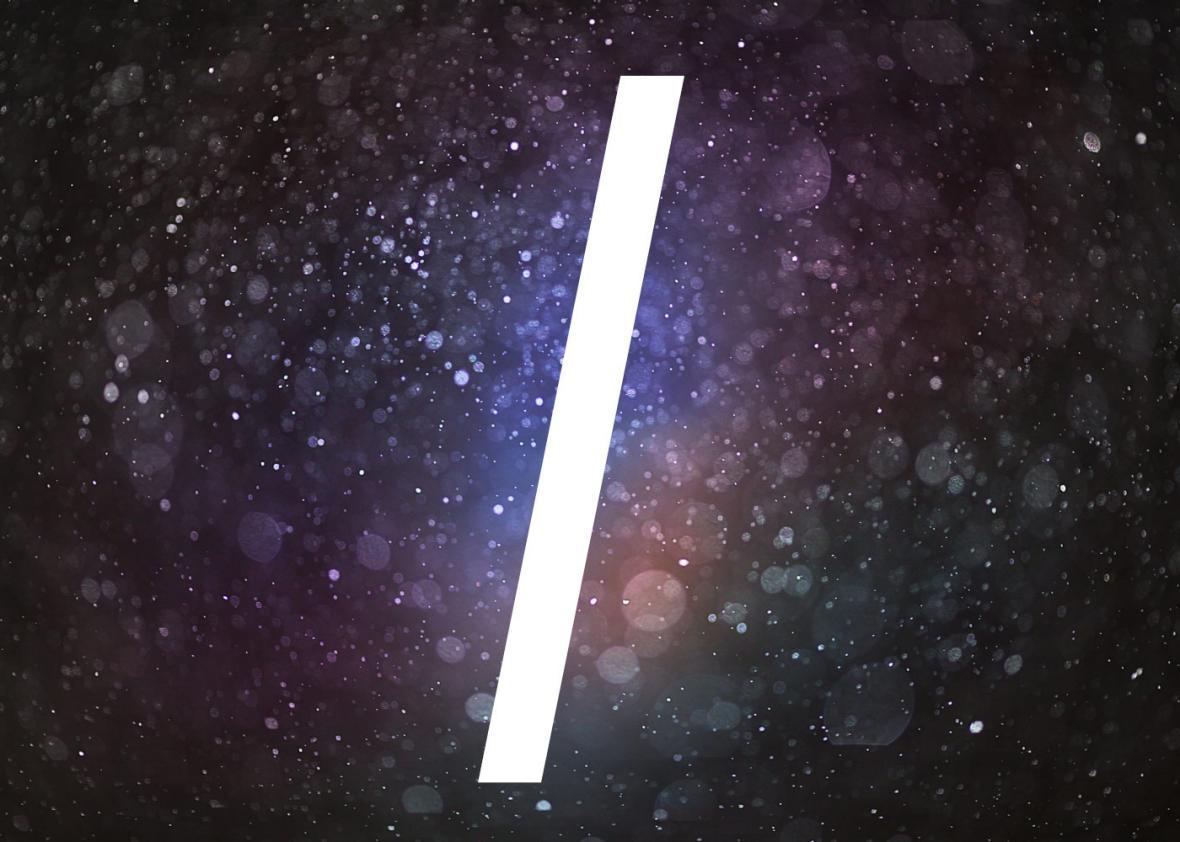“I, too, dislike it.” Inevitably Ben Lerner’s slim book The Hatred of Poetry begins with the opening salvo from Marianne Moore’s 1967 poem “Poetry,” which conveyed (in four crisp, if pointedly clumsy, lines) her “perfect contempt” for the art. “I, too, dislike it”: Lerner writes that he intones the motto as he fires up his laptop or introduces a guest at a reading or scrawls a lustrous old name across his classroom’s chalkboard. His confession is good strategy, an attempt to assure the unwashed masses that the author is unpretentious and beer-summit–able, never mind his critically acclaimed fiction and poetic calling. (He’s penned three verse collections alongside his novels Leaving the Atocha Station and 10:04.) “I, too, dislike it.” At one point, he calls the words “a kind of manic, mantric affirmation.” Say it soft and it’s almost like praying.
But despite its reception as an act of high-wire trolling, Lerner’s 86-page essay makes one thing abundantly clear: He loves poetry. Not only that, he loves poems—a much messier proposition. For Lerner explains poetry’s unpopularity in terms not of exclusiveness or obscurity, but of misguided expectations: Poetry, having promised the unfallen euphony of the spheres, is condemned to deliver poems, scraps wrought by mortal hands from busted-up language. Or, as Lerner puts it:
Poetry arises from the desire to get beyond the finite and the historical—the human world of violence and difference—and to reach the transcendent or divine. … But as soon as you move from that impulse to the actual poem, the song of the infinite is compromised by the finitude of its terms. In a dream your verses can defeat time … but when you wake, … you’re back in the human world with its inflexible laws and logic.
One starts to see why “admitting” to a dislike of poetry might be endearing. Poetry haters aren’t rubes; they’re idealists. The genre’s problem is bound up in its soaring ambition, its intent to render the intensely personal tones of a writer’s inner life somehow intelligible and world-transfiguring to all. Poetry—less a set of practices than a sheaf of impossible demands—inspires so many denunciations and so much hostility because, even at its best, it powerfully envisions a threshold it can’t quite clear. Nothing can. Poems are supposed to do everything at once, but just the fact of a poem’s existence crowds out all the other, fairer ghost-poems it could have possibly been.
Hatred of Poetry does a brilliant job showing how poets “strategically disappoint” our assumptions about what the medium should do. For one thing, like a twitchy friend whose charming self-deprecations mask her insecurity, verse loves to take its own failure as its subject. Keats, famed for otherworldly, musical lines, reminds us that “Heard melodies are sweet, but those unheard/ are sweeter.” Emily Dickinson prefers to “dwell in Possibility,” in a virtual house made of windows and doors, rather than the concrete hut of the actual. Her dashes—“vectors of implication,” Lerner calls them—mark the limits of language, zones of submerged meaning “where no words will do.” (I hear Sallie Tisdale here, too: “Most writers approach a new story like a boxer circling the ring—with a certain reluctance to engage and break the spell of what might be.”)

Matt Lerner
Then there is Whitman, who in paradoxical runs like “I am the poet of the slaves, and of the masters of the slaves” reveals the aching impossibility of his artistic project. He cannot dissolve human “violence and difference,” especially by retreating into his specific perceptions; he can only serve as “a placeholder for democratic personhood,” one that “cannot become actual without becoming exclusive.” Claudia Rankine, serving up prosy blocks of deadened description, like the transcript of a story told by a PTSD patient, makes us feel the “unavailability of traditional lyric categories; the instruction to read her writing as poetry—and especially as lyric poetry—catalyzes an experience of their loss, like a sensation in a phantom limb.”
It’s engaging stuff, and superbly written, with a kind of soft-shoeing élan that wants to project humility but also delight. (Here is Lerner meshing learning with wry diffidence: “A feeble shadow of an original conception sounds like Plato, although Plato didn’t think a poet could really conceive of much.”) You might ask whether Orpheus and company truly need another defense against the haters, even one packaged as a sympathetic ontology of the hate. But Lerner convinced me, at least, that distrust of poetry does simmer in the United States—and that it might seep in part from our early, Romantic association between poems and personhood, our sense that poetry expresses (and arises naturally from) an irreducible self. Told over and over that we are all poets (we just didn’t know it!), perhaps we experience less accessible verse as an attack on our humanity. And, as the bards say, the best defense is a good offense.
I loved Annalisa Quinn’s witty pan of Hatred of Poetry for NPR, but I don’t agree that Lerner’s dressed up a personal vendetta in scholarly language—again, I reject the premise that Lerner actually dislikes poetry. Where I stand with Quinn is in her judgment that Lerner twists other people’s words and arguments to serve his own ends. She cites his treatment of Plato, who did not exactly banish songsters from the ideal Republic, though such a prohibition would definitely be convenient for Lerner. You could also point out that the essay’s interpretation of Marianne Moore only works if we suppress any knowledge of “Poetry”’s earlier, rangier drafts, which reveal a markedly different set of concerns from Lerner’s. (His: a wrestling match between the real and the possible. Hers: how artifice can flip over into genuine feeling.)
That said, I don’t mind Lerner’s (post-modern) knack for creasing old materials into fresh critical origami. He’s not bullshitting us; his rhetorical sorcery levitates plenty of plausible claims, and ones burnished with the extra shine of his sincere belief. Poetry does seem rooted in the inchoate experience of loss—of reaching for something and feeling it dissolve in your mind’s fingers. Elizabeth Bishop connected verse to “the art of losing,” a creative pursuit for virtuosos who “practice losing farther, losing faster,” falling away and away from Keats’ crystalline melody, down the stairway to heaven, headlong into the dungheap of the actual. Lerner’s slapstick instincts make this spill—hardly a novel concept in life or literature—mercilessly funny. He nails the acceleration. His granular, giddy analysis of Scottish bard William Topaz McGonagall, “widely acclaimed as the worst poet in history,” fascinates as the negative expression of a Parnassian ideal. It’s also comedic gold.
Toward the climactic end of the book, Lerner discusses a typographic mark called a virgule, the slash that appears in prose to represent poetic line breaks. Virgules arise when you cite or quote poems, but mostly stay out of poems themselves; where they exist, they distill a sense of distance, of the virtual. They evoke the elusive idea of poetry. In the word virgule, Lerner says he hears “the meteorological phenomenon known as virga, my favorite kind of weather: streaks of water or ice particles trailing from a cloud that evaporate before they reach the ground. It’s a rainfall that never quite closes the gap between heaven and earth… a mark for verse that is not yet, or no longer, or not merely actual.”
Perhaps Lerner deliberately left this out, deeming it too on-the-nose, but the technical term meaning “to evanesce into vapor,” for a liquid, is “to sublime.” When he compares poetry to “particles trailing from a cloud that evaporate before they reach the ground,” I hear Wordsworth’s dream of infants arriving on Earth “trailing clouds of glory.” And I believe Lerner has concluded what Wordsworth did: that the pleasures of mature art-making partially recoup that lost divinity. Maybe poetry remains atmospheric and diffuse, a lambent quality in the air. But on occasion we walk through it, part the right veil of molecules, and almost grasp something. Or we will next time! At least, it’s possible. That’s a likable thought.
See all the pieces in the Slate Book Review.
The Hatred of Poetry by Ben Lerner. Macmillan.
